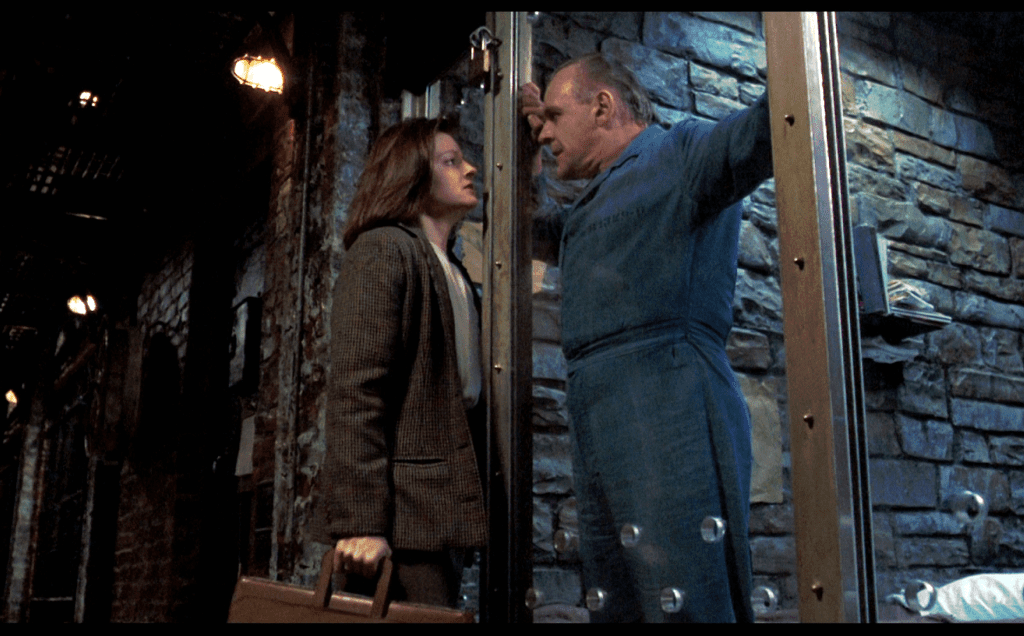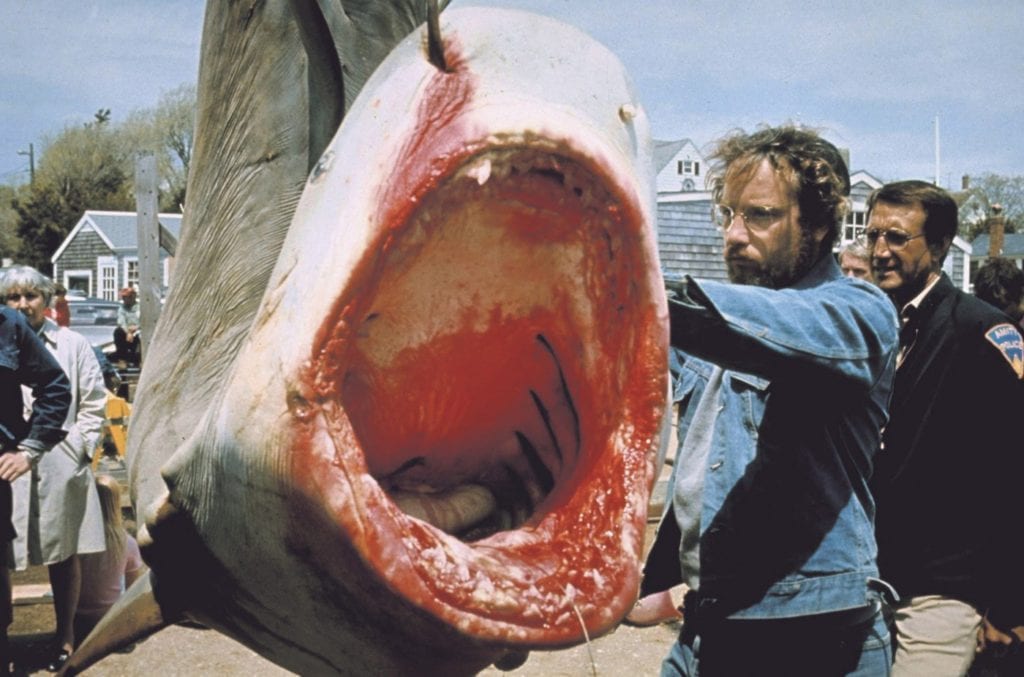
The human mind, despite all that has been written and researched, it is still uncharted territory. "Each head is a world", says the popular proverb, which allows each person to interpret reality in a different way.
The cinema has not escaped this eternal existentialist doubt. Therefore, the list of titles that could be characterized as psychological movies it is vast. And it is, moreover, in more ways than one.
What are the characteristics of psychological films?
It is assumed that in any fiction film (or what is the same, all cinema that is not documentary), each character has his own "psychology". If one starts from this broad precept, trying to delimit the characteristics of psychological films is useless.
To avoid generalities, it could be said that this type of cinema has at least one of the following features:
1) The protagonists have some obvious mental disorder, responsible for making the film "move."
2) The filmmakersdeliberately they play with the minds of the spectators. Everything in the search to produce certain effects, sensations and emotions within the audience.
3) The plot seeks to explain, or at least inquires, in the way How does the human mind work.
The two faces of the truthby Gregory Hoblit (1996)
A famous lawyer, with an ego as big as his prestige, takes on the case of an acolyte accused of murdering an archbishop. As the trial progresses, the lawyer becomes more and more involved with his client, a boy who uncovers a network of sexual abuse within the church's diner. Nevertheless, The audience and the protagonist himself will not be able to discover the entire framework until the final scene.
Bow, by William Friedkin (2006)
William Friedkin, the celebrated director of The Exorcist, delves into the mind of a war veteran with Delirium of Parasitosis. A raw and aggressive staging. The shocking performances of Michael Shannon as the deranged soldier and Ashley Judd as his accidental partner, get that viewers feel insects walking inside your skin.
The sixth Senseby M. Night Shyamalan (1999)

Do the dead know that they are not alive? A whole paradox that, within the mind of a person who is on "another plane", becomes even more complex. A therapy by a child psychologist, where the analyzed patient ends up becoming the liberating therapist.
Unbreakableby M. Night Shyamalan (2000)
The pair of The sixth Sense: M. Night Shyamalan-director and Bruce Willis-actor, repeated in this drama, where explores within the psychology of superheroes and villains. A dilemma that borders on the theories of Ying Yang or light and dark.
Multipleby M. Night Shyamalan (2017)
Shyamalan's third title on the list with psychological films. James McAvoy plays Kevin Wendell, a man who suffers from dissociative identity disorder. Dennis, one of the 23 personalities that "cohabit" within the protagonist's mind, kidnaps three teenagers, which gives rise to the conflict.
The film, despite being a notable box office and critical success, caused much controversy. Psychologists, psychiatrists and people diagnosed with some mental illnesses, questioned the image of danger and violence that the central character transmits.
Sharkby Steven Spielberg (1976)

Before the term psychological films came into vogue, Steven Spielberg "wrote" with this tape, a manifesto on how to scare the audience without showing anything. The monster does not appear until the middle of the footage, which did not prevent viewers from remaining clinging to their seats. Psychological terror in its purest form.
Psychosisby Alfred Hitchcock (1960)
16 years before Spielberg, Alfred Hitchcock had already developed his own theory about the human fear. Norman Bates, one of the most iconic villains in movie history, plays with more than just the minds of his victims.
The silence of the lambsby Jonathan Demme (1991)
Clarice Starling (Jodie Foster), a young FBI agent, must seek the support of Hanibal Lecter (Anthony Hopkins) in order to catch a dangerous serial killer. Between the two it will begin a fierce metal battle, in which neither of them is willing to let their opponent in.
The unstoppable Will Hunting, by Gus Van Sant (1997)
A young genius with a troubled past, who chooses to avoid interpersonal relationships by fear of being hurt. After reluctantly going to therapy, he engages in a free-for-all with his psychologist. But little by little his battery of defense mechanisms he gives in and manages to open his mind.
All for a dream, by Gus Van Sant (1995)
Before directing The unstoppable Will Hunting, Van Sant had ventured into a drama that questions the morals of getting the success at any cost. It stars a relentless Nicole Kidman, when she began to break the good girl mold where Hollywood kept her pigeonholed.
Fromby Christopher Nolan (2012)
Christopher Nolan literally gets into the human mind through dreams. With his customary visually clean and elaborate staging, he constructs a story that fertilizes the grounds where he discusses what is real and what is not.
Del revésby Peter Docte (2015)
It is not usually common to find a comedy in a list of psychological films. And if it is an animated film, much less. But this Pixar film is a graphic exemplification of the functioning of human emotions. Celebrated by critics and the public, especially by child psychologists and therapists.
Someone flew over the cuckoo's nestby Milos Foreman (1975)
This film could be classified as the "Holy grail" of psychological movies. It is also one of three films that has won the top five Oscars. (Film, director, actor, actress and script).
This great classic in film history is based on a ruthless critique of the American healthcare system from the 70s. Also an uncomplacent look at the shortcuts the human mind takes to hide from reality.
Image sources: Baúl del Castillo / YouTube